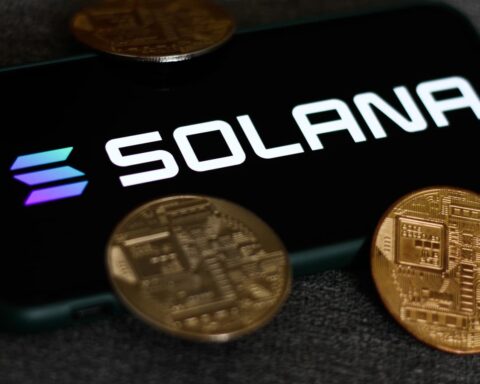Ethereum co-founder Vitalik Buterin recently expressed his belief that the Bitcoin network requires scalable solutions, such as zero-knowledge rollups (ZK-rollups), in order to transcend its current role as a payment network.
Buterin shared his thoughts during a Twitter Space event hosted by Bitcoin developer Udi Wertheimer, where the focus was on Ethereum’s scaling experiments.
ZK-rollups are off-chain protocols that operate on the Ethereum blockchain and are managed by on-chain Ethereum smart contracts.
They offer a faster and more scalable approach to verifying transactions without compromising critical user information.
READ MORE: Digital Currency Group Dismisses Gemini Lawsuit as “Publicity Stunt” by Winklevoss Twins
Buterin highlighted how Ethereum has implemented various scaling solutions over the years to enhance throughput.
He pointed to Optimism and Arbitrum as successful examples of rollups that could serve as case studies for Bitcoin.
He stressed the need for additional scaling solutions if Bitcoin aims to expand beyond its current payment-centric role, stating, “I think if we want Bitcoin to be more than payments, it needs more scaling solutions.”
Scalability has long been a topic of discussion for both Bitcoin and Ethereum. Ethereum has transitioned from a proof-of-work to a proof-of-stake network and is actively exploring layer-2 solutions like ZK-rollups and Plasma to address scalability challenges.
Bitcoin, on the other hand, has relied on its layer-2 solution, the Lightning Network, to improve scalability.
More recently, the emergence of Bitcoin Ordinals has played a significant role in transforming the Bitcoin network into more than just a payment layer.
Buterin praised the rise of Ordinals and believes they have revitalized the builder culture within the Bitcoin ecosystem.
Bitcoin Ordinals represent the latest layer-2 solution enabling decentralized storage of digital art on the Bitcoin blockchain.
Their popularity has skyrocketed, with trading volume for Bitcoin Ordinals inscriptions surpassing $210 million by the end of June.
To commemorate this significant moment in history and support independent journalism in the crypto space, you can collect this article as an NFT (non-fungible token).
By preserving this article as an NFT, you contribute to the preservation of this important milestone and express solidarity with the world of independent crypto journalism.




